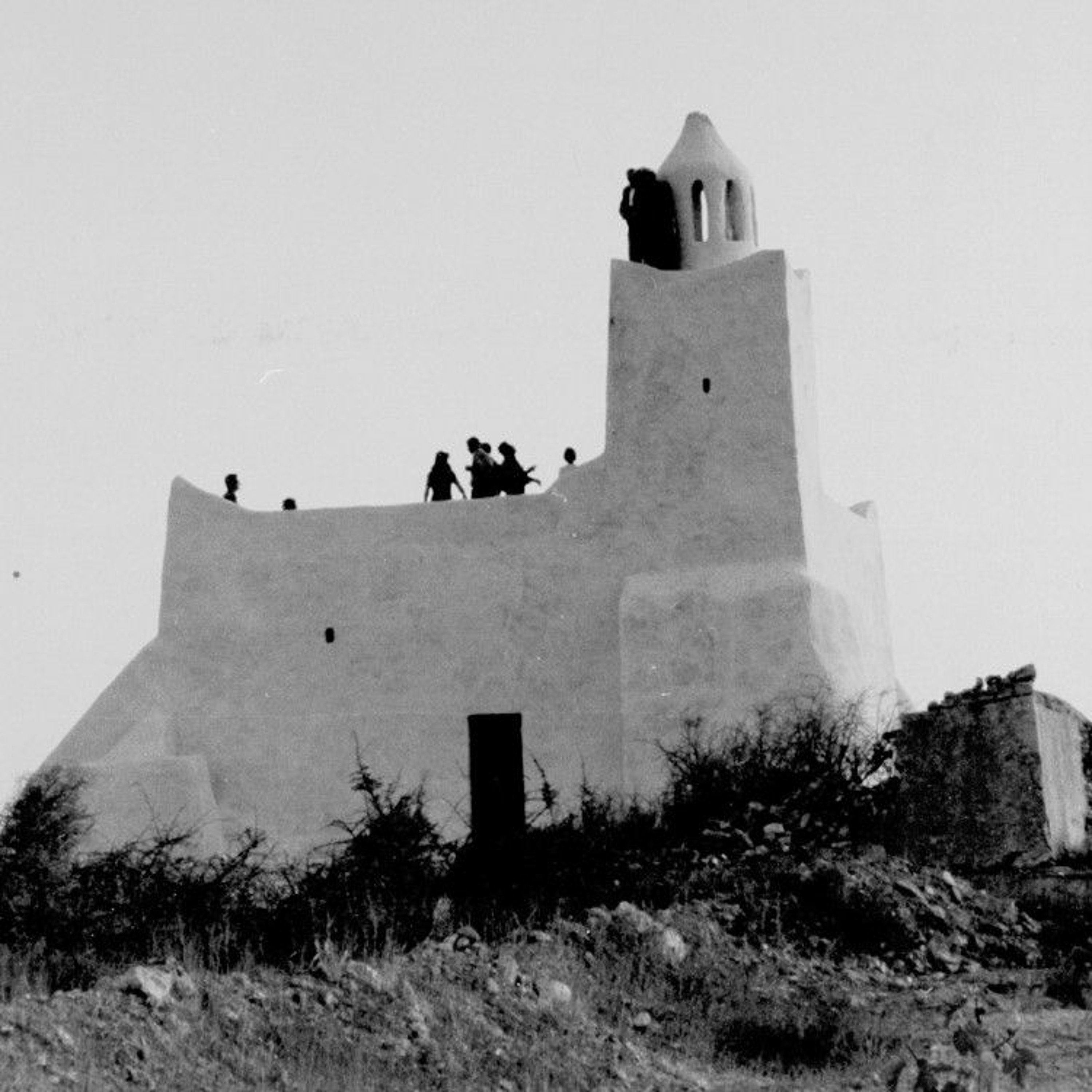
E 353 | For the first time on the podcast, we discuss the role of archaeology and its potential to contribute to our knowledge of the Ottoman world. More specifically, we explore how the field of landscape archaeology can offer a better understanding of how different factors of religion, politics, and culture impacted the manipulation of territory over millenia. The large-scale examination of material culture and vernacular architecture in a rural setting particularly has the potential to fill in the gaps of the historical archive, providing information about communities that otherwise remain relatively unknown. In this episode, we speak with Renata Holod, who co-directed a multi-year archaeological and architectural survey of the island of Jerba, off the coast of Tunisia. Our conversation not only explains the techniques and methodologies deployed during the project, but also ranges to wider reflections on the different ways the arrival of the Ottomans on the island can be read in the landscape itself.
see more at http://www.ottomanhistorypodcast.com/2018/03/jerba.html
Renata Holod is the College for Women Class of 1963 Term Professor in the Humanities at the University of Pennsylvania. She is also the Curator in the Near East Section of the University Museum of Archaeology and Anthropology. She has done archaeological and architectural fieldwork in Syria, Iran, Morocco, Central Asia, Turkey, and Tunisia.
Emily Neumeier is ACLS Postdoctoral Fellow in the Humanities at The Ohio State University. Her research concerns the art and architecture of the Ottoman Empire and Turkish Republic. She is co-curator of our series The Visual Past and editor of the blog "stambouline," a site where travel and the Ottoman world meet.
CREDITS
Episode No. 353
Release Date: 28 March 2018
Recording Location: Philadelphia, Penn.
Audio editing by Emily Neumeier
Music: Special thanks to Kara Günes for permission to use the composition "Istanbul." Katibim (Uskudar'a Gider iken) - Safiye Ayla
Images and bibliography courtesy of Renata Holod, available at http://www.ottomanhistorypodcast.com/2018/03/jerba.html
view more
More Episodes
Plague in the Ottoman World
 2020-03-19
2020-03-19
 2020-03-19
2020-03-19
Fighting Under the Same Banner
 2020-02-22
2020-02-22
 2020-02-22
2020-02-22
012345678910111213141516171819
Create your
podcast in
minutes
- Full-featured podcast site
- Unlimited storage and bandwidth
- Comprehensive podcast stats
- Distribute to Apple Podcasts, Spotify, and more
- Make money with your podcast
It is Free
- Privacy Policy
- Cookie Policy
- Terms of Use
- Consent Preferences
- Copyright © 2015-2024 Podbean.com




